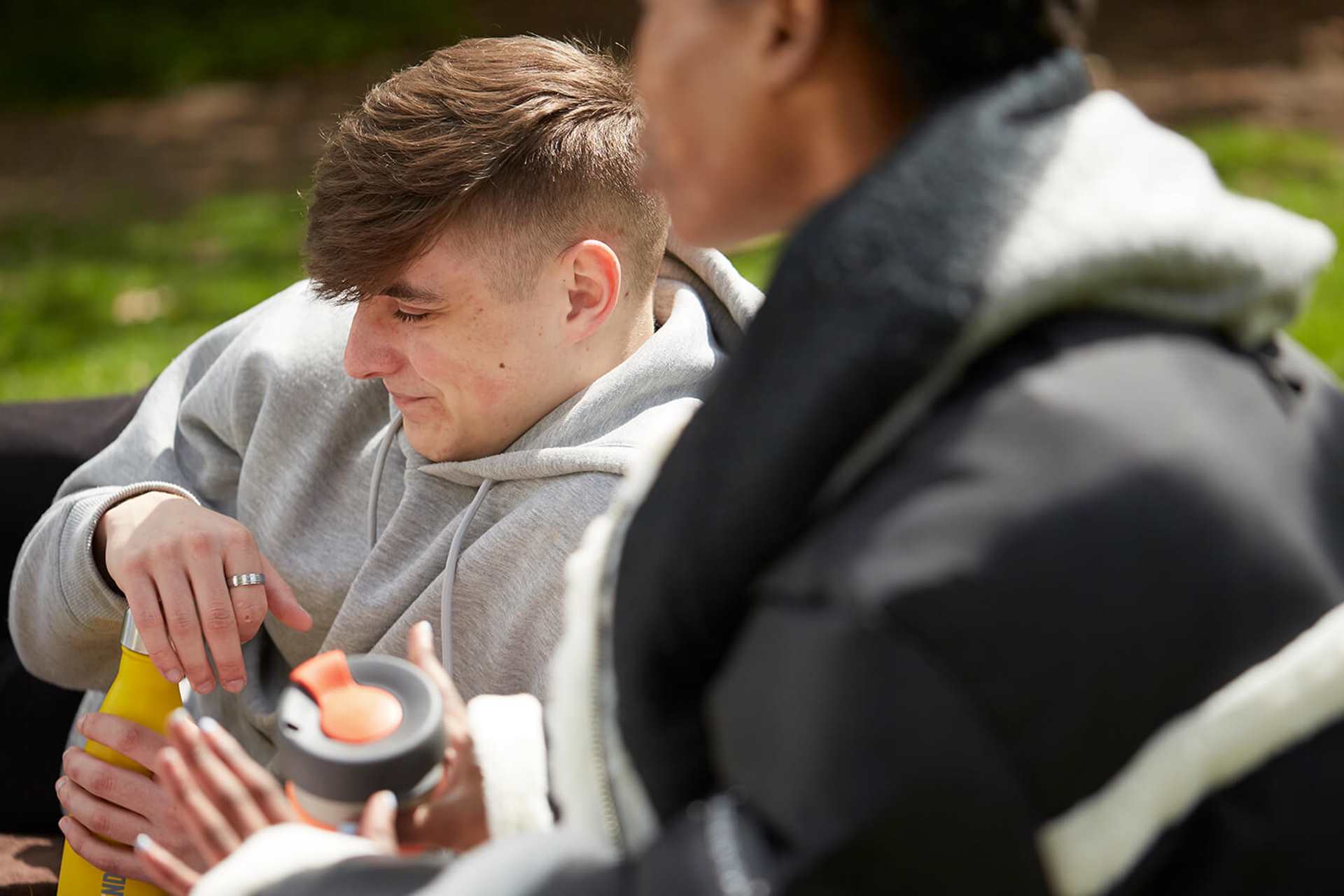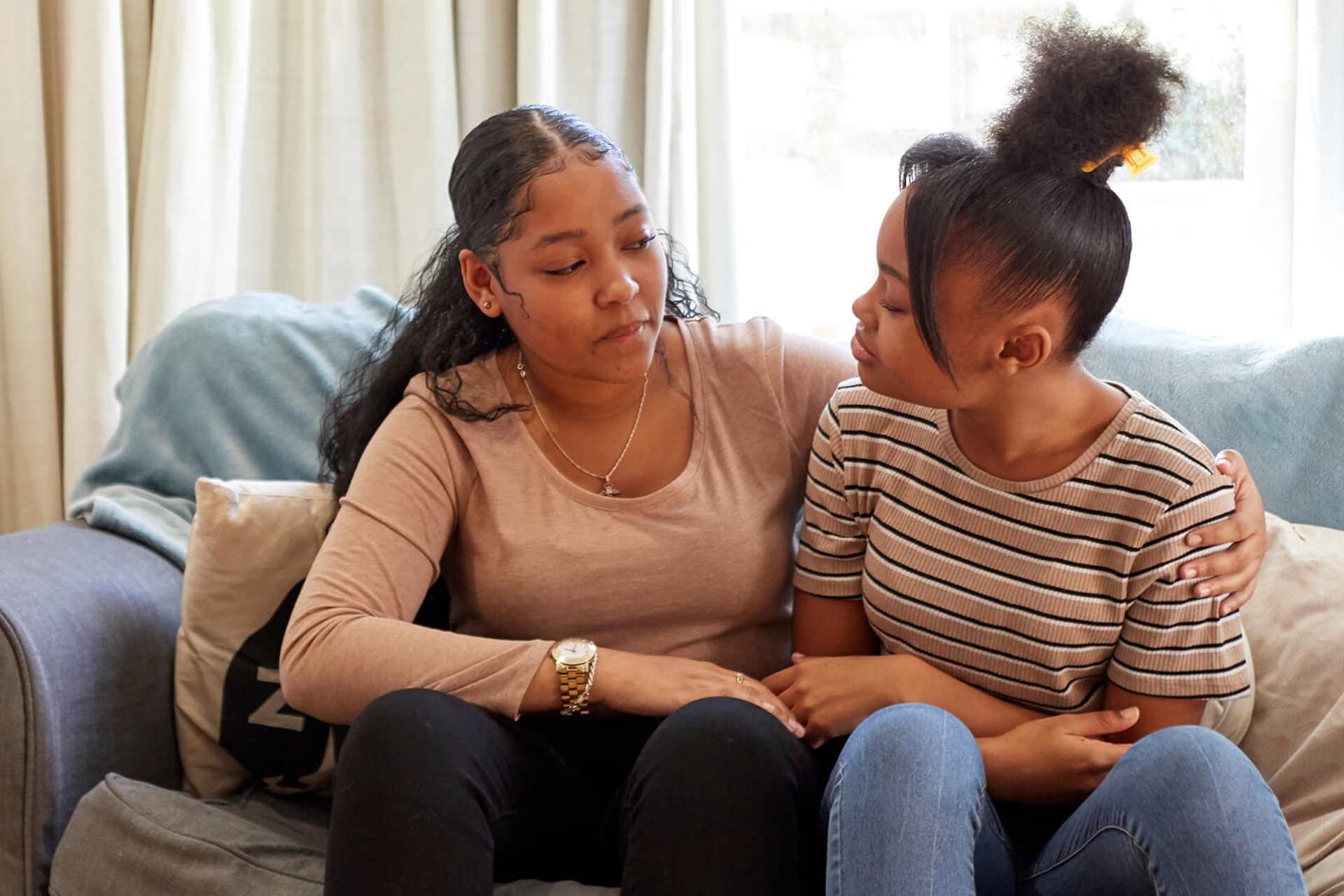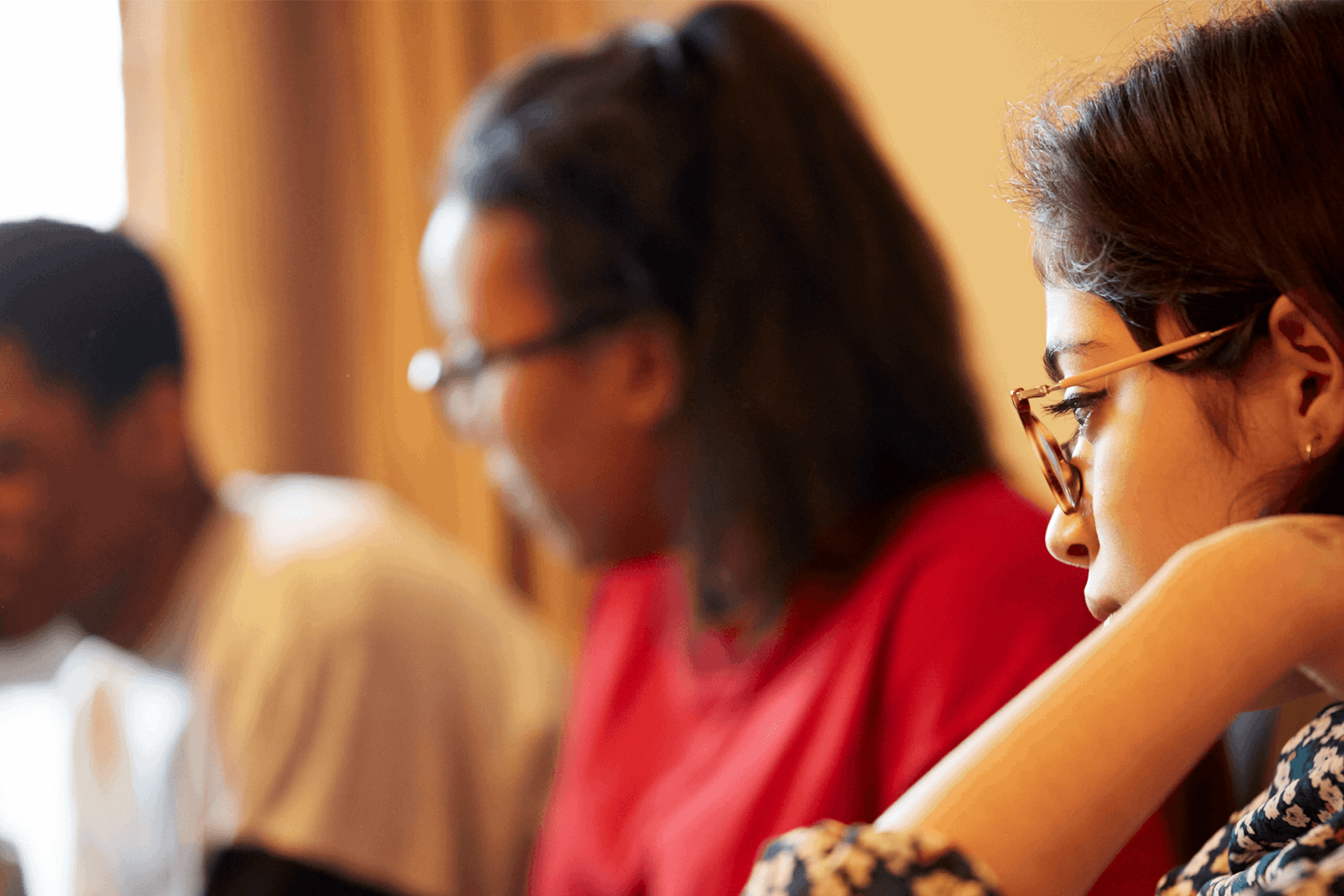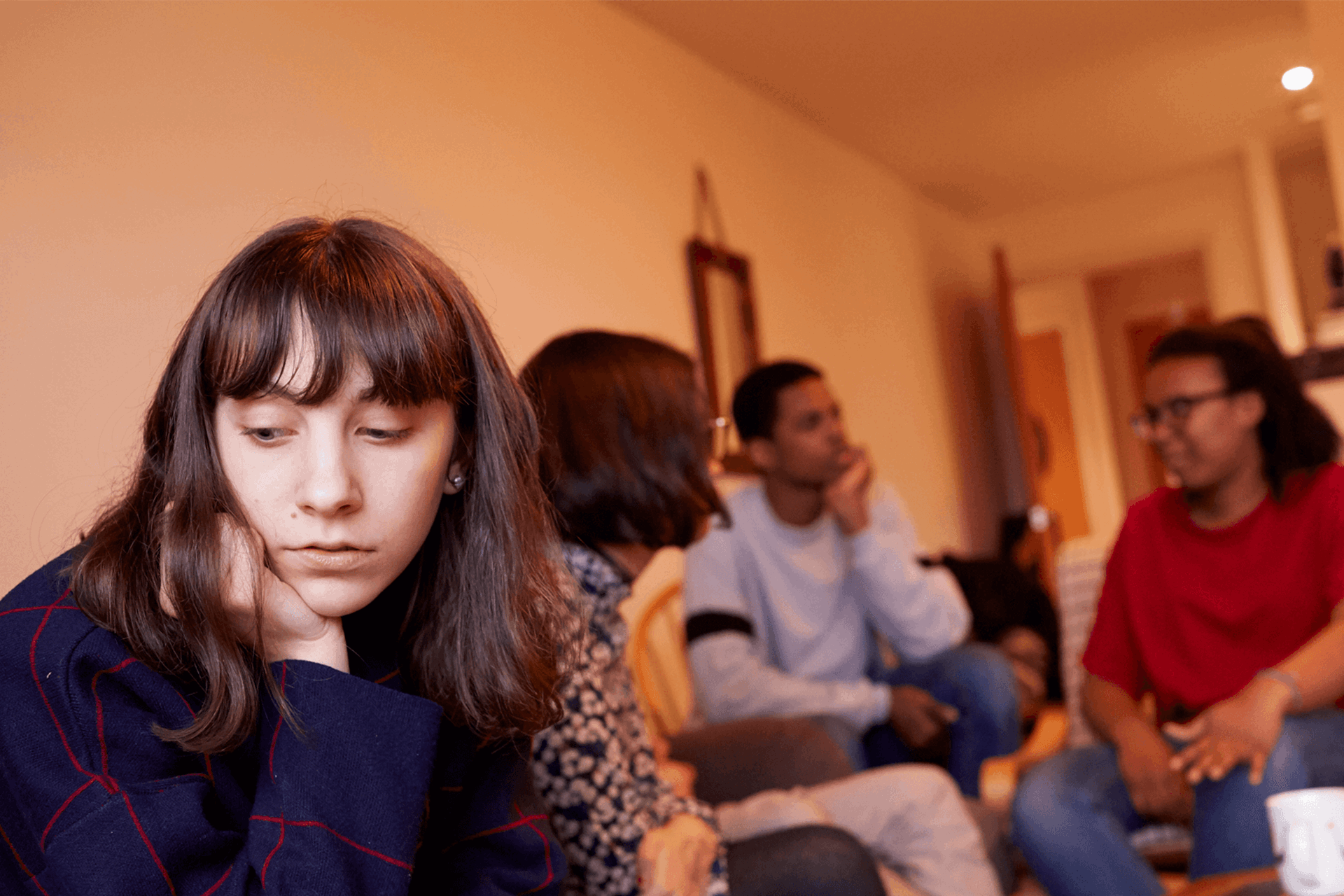Topics mentioned: eating problems, anorexia, body image, self-esteem
About: Molly explains how one of the best parts of recovering from an eating disorder is rediscovering yourself, your hobbies and personality.
You'll learn so much about yourself, your fashion sense, music taste, favourite foods, activities and interests.
I have personally suffered from anorexia. One thing many other eating disorder sufferers may relate to is the struggle of feeling like you’re losing your identity in recovery. It can leave people in recovery wondering, ‘who am I without my eating disorder?’ However, an eating disorder is not a personality trait, and one of the best parts of recovery is that you’ll rediscover the fragments of your life that were lost to your eating disorder.
In the depths of an eating disorder, it can feel like your body shape or your eating disorder itself is all you are. This is false! Eating disorders can take away your personality and make you lose interest in hobbies. In recovery, you will rediscover your old hobbies (and discover new ones!). You'll learn so much about yourself, your fashion sense, music taste, favourite foods, activities and interests.
It’s important to remember that people don’t love you for your eating disorder, your weight or your shape. They love you for you.
You are not your eating disorder
Your character deserves to be shown, without an eating disorder dulling it down! And through recovery, your character will shine through. It’s important to remember that people don’t love you for your eating disorder, your weight or your shape. They love you for you.
Just because you have an eating disorder, doesn’t mean you are your eating disorder. You’re someone with so much potential, and your eating disorder is nothing more than a bully. You are worth SO much more than your eating disorder and your weight is the least interesting thing about you.
You may believe that it’s your eating disorder that has made you strong, or made you who you are today, but it isn’t. Overcoming challenges is what develops you as a person, and that’s something you should take credit for, not your eating disorder. You owe your eating disorder NO credit for who you are as a person, but recovering from it and overcoming the struggles shows how amazing you are.
If you think about it, famous people in history books aren’t remembered for their diet, weight or shape, but are remembered for what they did and achieved. Eating disorders can tell you that people will only love or like you if you look a certain way, or eat a certain amount, but this is untrue.
At school, I don’t ever remember opening a history textbook and it telling me about a historical figure's weight. It only told me what they did, because you know what? Their weight had NO relevance to what they did or the impact they made.
Your future self will thank your past self so much for pushing through the hardest parts of recovery.
You are gaining control
As part of the nature of many eating disorders, it’s easy to believe the lie that your body shape defines your worth. However, you are worth so much more than your body, and using unhealthy coping strategies to maintain a certain size is not an achievement.
Letting go of these strategies in recovery may result in weight gain, and that’s totally okay! If unhealthy habits are maintaining your current weight/shape, then weight gain is necessary. It may feel like you’re losing control, but in fact, you are gaining control.
Perhaps you’ve placed a heavy emphasis on your body shape defining your worth, but in recovery, you’re not losing your identity, you’re rediscovering it! Your future self will thank your past self so much for pushing through the hardest parts of recovery.
Your motivation to recover might change over time, which is okay. But as long as you maintain your commitment to recovery, you’ll find a way to push through. And once you do, you’ll look back on your strength and perseverance and realise how amazing you are.
It may feel like you’re losing control, but in fact, you are gaining control.
More information and advice
We have tips and advice to help you find the support you need. Take a look at our guides.
Where to get help
However you're feeling, there are people who can help you if you are struggling. Here are some services that can support you.
-
Beat
Offers information and support for anybody affected by eating disorders.
One-to-one web chat available. They also run a range of online support groups, which are all fully moderated and anonymous.
Enter your postcode in the HelpFinder to see what eating disorder support is available in your area.
View their information on helpline accessibility and confidentiality.
- Opening times:
- 365 days a year - weekdays (9am - 8pm); weekends (4pm - 8pm)









